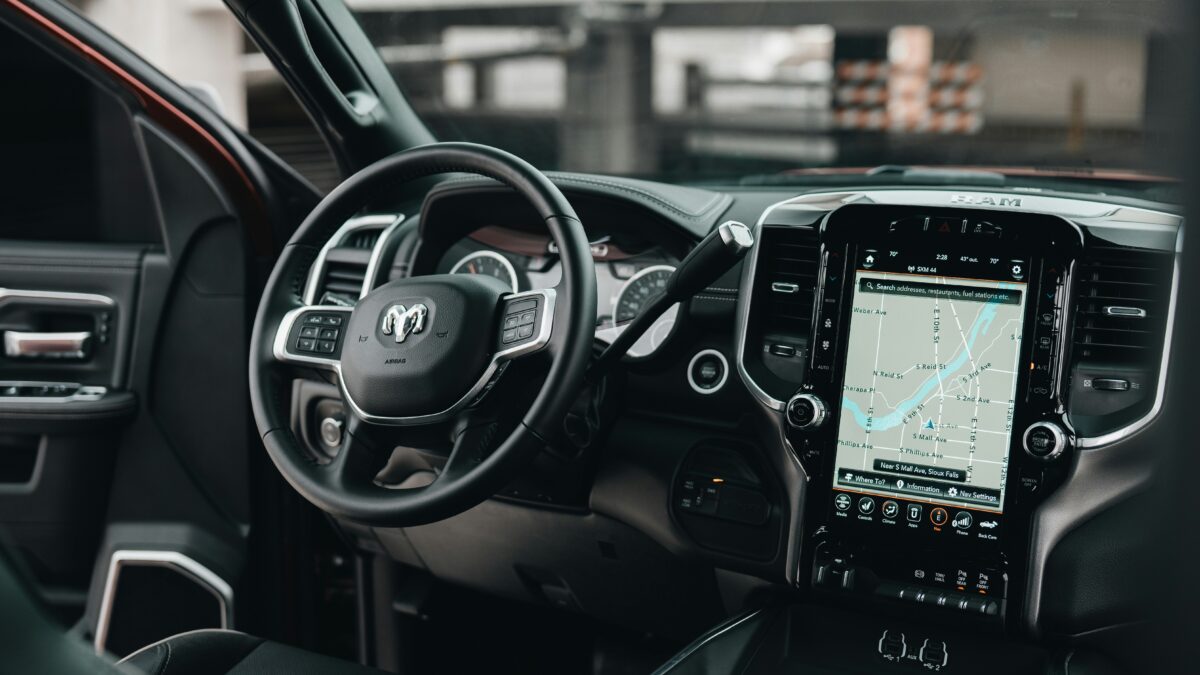Washington’s Efforts to Boost U.S. Lithium Production Hindered by Legal Confusion
Washington’s ambitious plans to transform the United States into a major global lithium producer face a significant roadblock: a complex web of state regulations hindering developers and impeding efforts to reduce China’s dominance in the critical minerals sector.
Legal ambiguities stifle U.S. lithium production goals
Across mineral-rich states like Texas and Louisiana, the ownership, valuation, and processing of millions of metric tons of lithium buried beneath U.S. soil remain shrouded in uncertainty. These legal ambiguities pose a formidable barrier to America’s quest for lithium independence, complicating efforts to bolster domestic production and reduce reliance on foreign sources.
Regulatory hurdles for U.S. lithium producers
Despite the Biden administration’s push for aggressive electrification targets, federal officials in Washington face limited authority to compel states to revise outdated regulations. The pace of progress hinges on local officials’ ability to navigate legal complexities and update statutes governing lithium extraction and processing.
The urgent need for production
With global lithium demand expected to surge in the coming years, the United States must urgently ramp up its production to meet future needs. Failure to boost domestic production could leave U.S. manufacturers heavily reliant on foreign suppliers, jeopardizing national security and economic competitiveness.
Current efforts to streamline regulations and clarify ownership rights are underway, but progress remains slow.
In Texas, for instance, legislation passed last year aimed to facilitate lithium extraction from brines, but regulatory framework development has been sluggish. Similar challenges persist in other states, underscoring the need for coordinated action at the federal and state levels.
As the need for lithium production grows, cutting down on car use is the top solution
The effects of climate change are becoming more evident across various industries, including the automotive sector. Cities are under mounting pressure to address the environmental and social challenges associated with car dependency. In response, many municipalities are adopting innovative strategies to curb car usage and promote alternative modes of transportation.
Paris Leads the Way:
In Paris, efforts to reduce car usage have yielded promising results. From 2001 to 2015, car use in the French capital declined by nearly 30%, driven by initiatives such as the introduction of car-free zones, expanded public transit networks, and incentives to promote cycling and walking.
London’s Success Story:
Similarly, London has witnessed a significant reduction in car usage over the past decade. With car use falling by nearly 40% during the same period, the city has implemented a range of policies aimed at prioritizing sustainable modes of transportation. The introduction of congestion pricing, low-emission zones, and investments in public transit infrastructure have played a crucial role in encouraging residents to opt for alternatives to car travel.
Looking Ahead
As we peer into the future, it’s evident that reducing car usage will be vital for constructing sustainable, equitable cities that prioritize the welfare of both people and the planet. However, the challenge persists in meeting the escalating demand for lithium, a crucial component in the transition towards electric vehicles and renewable energy solutions.
Overall, meeting the growing demand for lithium will require innovative solutions and collaborative efforts from policymakers, industry leaders, and communities worldwide. While transitioning towards electric vehicles and renewable energy sources holds promise for mitigating climate change and promoting sustainable urban development, it’s essential to consider the broader implications and complexities associated with these transitions.

















